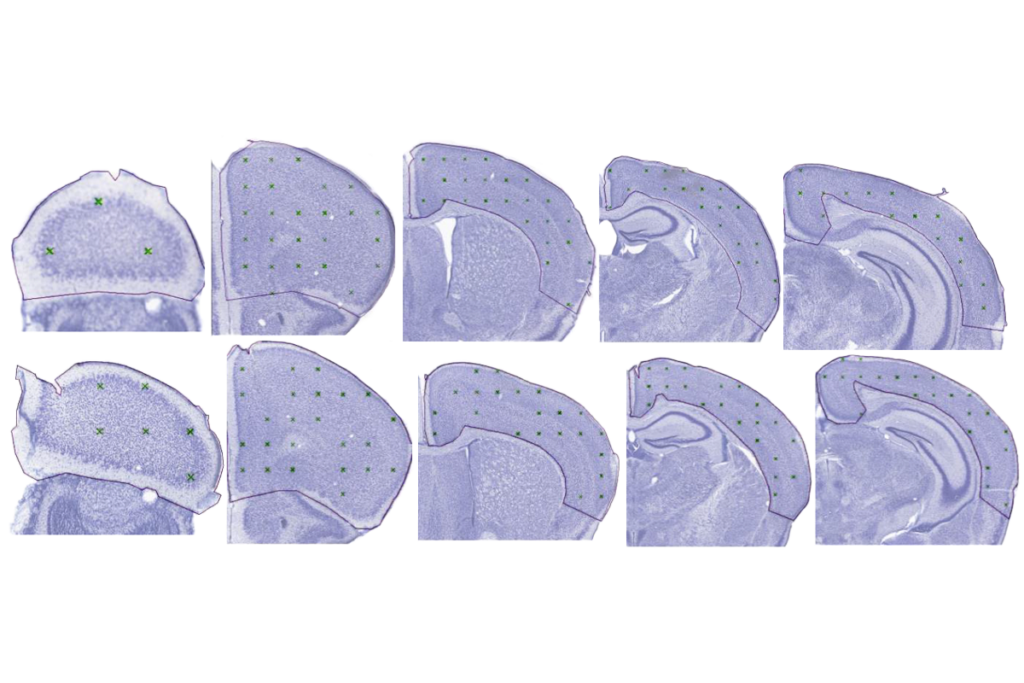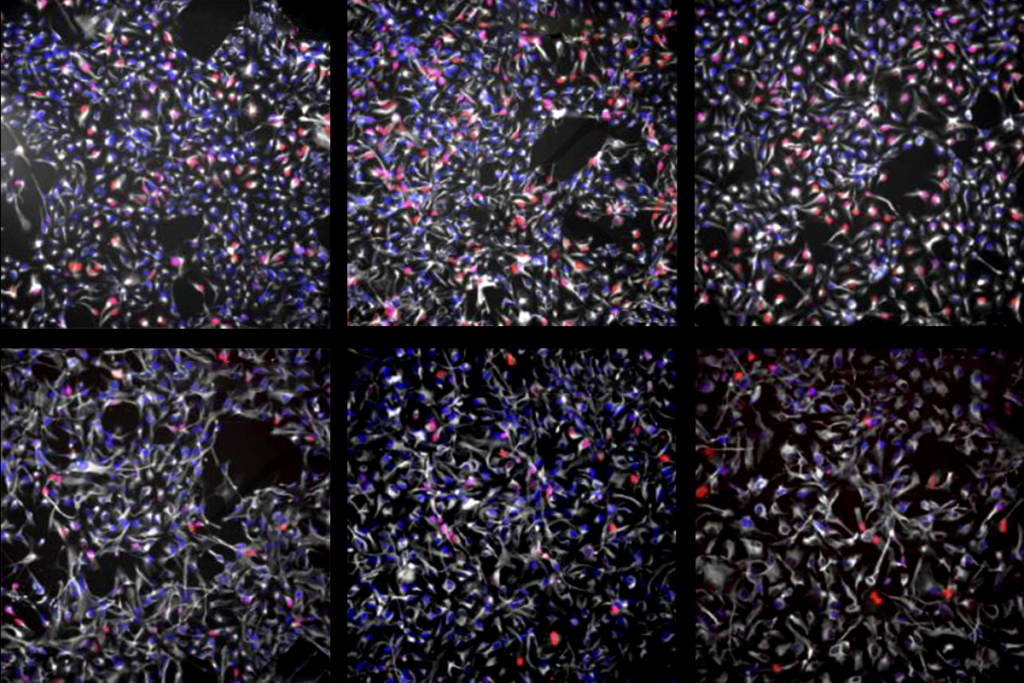Hello, and welcome to this week’s Community Newsletter! I’m your host, Chelsey B. Coombs, Spectrum’s engagement editor.
Our first thread comes from Lucy Livingston, lecturer in psychology at Cardiff University in the United Kingdom. She and her team created an online, multiple-choice version of a test that looks at theory of mind, or the ability to understand other people’s desires, intentions and beliefs.
🚨New paper! We (Punit Shah, @Sarah_JWhite @HappeLab) have created & validated an online multiple-choice version of the classic Frith-Happé Animations Test, for use in #autistic and #neurotypical adults. #OpenAccess in Autism Research https://t.co/esEptnFaC4
— Dr Lucy Livingston (@Lucy_Livingston) July 10, 2021
The Frith-Happé Animations Test, developed in 2000 by Uta Frith, emeritus professor of cognitive development at University College London in the U.K., and Francesca Happé, professor of cognitive neuroscience at King’s College London, uses interactions between moving triangle shapes to assess theory-of-mind skills in autistic people. In the original version, participants described what they saw, which researchers then scored. To eliminate subjectivity from those scores, another team created a multiple-choice version in 2011, which the new work makes available online.
The online test works as well as previous versions, Livingston and her colleagues found, and again shows that autistic people have more difficulties with theory-of-mind skills than non-autistic people do. The new test is also easier for people to access outside of research settings.
Across 3 studies we show that 1) our multiple-choice test correlates with the classic subjective version, 2) online performance on our test is comparable to in the lab and 3) autistic people show atypical performance compared to matched neurotypical controls.
— Dr Lucy Livingston (@Lucy_Livingston) July 10, 2021
Frith quote-tweeted Livingston, saying “Nice,” and Felicity Sedgewick, lecturer in the psychology of education at the University of Bristol in the U.K., said it inspired some new study ideas for her.
— Uta Frith (@utafrith) July 12, 2021
This is very cool! Will you be sharing it/making it available for other teams? I suddenly have about four different study ideas…
— Dr Felicity Sedgewick (@SedgewickF) July 12, 2021
Next up, a number of autism researchers took to Twitter to praise an Autism editorial that highlights how clinicians can use a strengths-based neurodiversity model instead of a deficit-based one to frame an autism diagnosis.
Changing the story: How diagnosticians can support a neurodiversity perspective from the start
Click below to read this issue's editorial from Heather M Brown, @AubynStahmer, Patrick Dwyer & Susan Rivera ⬇️https://t.co/ZXW23UhJI5
— Autism Journal (@journalautism) July 7, 2021
“A strengths-based approach to share developmental and diagnostic information can change the way parents view their autistic children, which in turn change the way autistic children view themselves, leading to greater empowerment in adulthood,” the authors wrote.
The authors also suggest seven strategies for clinicians to achieve that goal, including setting a warm and positive tone, considering how interventions and treatments are framed and addressing caregivers’ support needs.
Meng-Chuan Lai, assistant professor of psychiatry at the University of Toronto in Canada, described the article as “great”; “yes please,” tweeted Ann Memmott, an associate and ‘expert by experience’ at the National Development Team for Inclusion in the U.K.; and Danielle Christy, an educational psychologist in Sacramento, California, hailed it as something “all practitioners should read!”
Great @journalautism editorial – many points apply to diagnostic disclosure for later-diagnosis with youth/adults as well. "Changing the story: How diagnosticians can support a neurodiversity perspective from the start" https://t.co/h0lQlasVxL
— Meng-Chuan Lai 賴孟泉 (@mengchuanlai) July 9, 2021
https://t.co/gxRdcg8Egc Useful new research about how more diagnostic teams can support self-esteem and thriving for autistic children & young people, rather than promote a stigmatising and humiliating narrative. Yes please. Positive, warm, respectful, confident, balanced.
— Ann Memmott PgC MA 🌈 (She/They) (@AnnMemmott) July 12, 2021
Absolutely love this important discussion of how we need to change the delivery of an autism diagnosis by some amazing friends at @UCDMINDINST
All practitioners should read! #StrengthsBased #DifferentNotLess https://t.co/MOFA40CSGw— Danielle Christy (@inclusivepsych) July 8, 2021
A Spectrum Deep Dive published this week took on some overlapping issues, looking at how autistic people fare over time in terms of both strengths and weaknesses, based on early behavioral markers and genetic variants.
“No matter what the outcome is going to be, that unknown is really challenging for families,” says Anne Arnett, a child psychologist at the University of Washington in Seattle, in the piece. “When you can take away the unknown, or at least give them some idea of what to expect over time, that can be an intervention in and of itself to help families prepare.”
That’s it for this week’s Community Newsletter from Spectrum! If you have any suggestions for interesting social posts you saw in the autism research sphere, feel free to send an email to me at [email protected]. See you next week!





